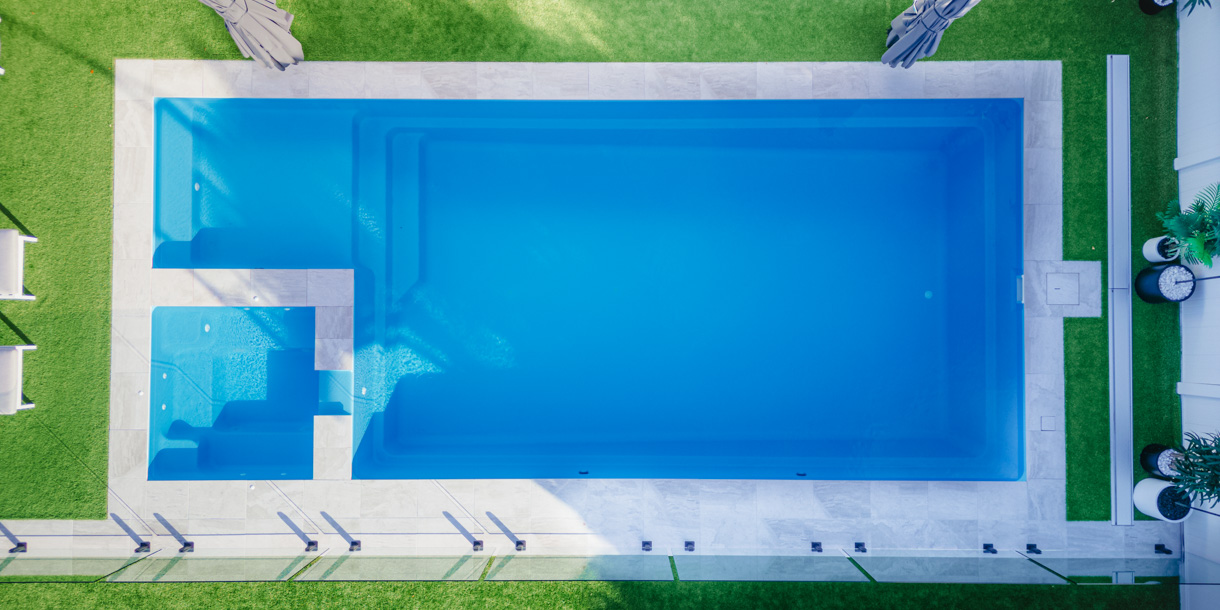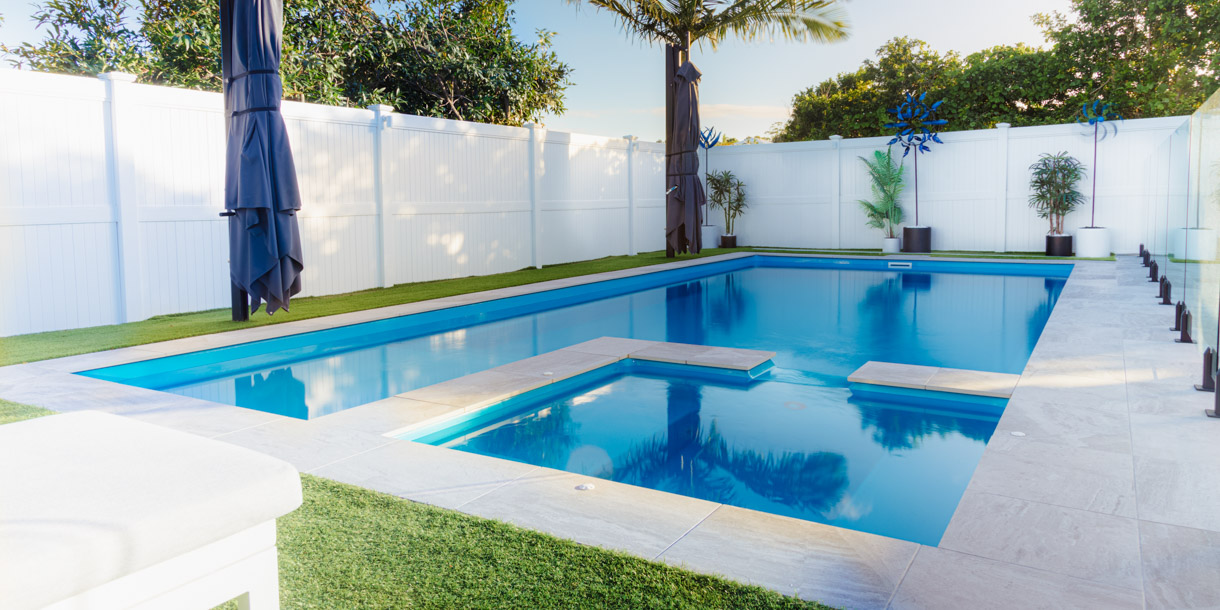Equipment You’ll Definitely Need After Your Pool Installation
Owning a backyard pool is a dream come true for many homeowners, offering not just a refreshing escape from the heat, but a lifestyle filled with joy and connection. It’s more than just a place to cool off on hot summer days; it becomes a central hub for family fun, relaxation, and even a bit of exercise. Imagine your weekends spent lounging poolside with a good book, hosting vibrant pool parties with friends and family, or simply watching the kids splash around and create cherished memories.
However, before you can fully immerse yourself in the pleasures of your new oasis, it’s crucial to understand the various equipment you’ll need to keep your pool clean, safe, and inviting for everyone. From filtration systems that keep the water pristine to safety covers that protect your loved ones when the pool is not in use, each piece of equipment plays a vital role in pool maintenance.
In addition, considering items like pool floats, cleaning tools, and water testing kits can enhance your pool experience even further. This blog will guide you through the essential equipment required for maintaining your pool, ensuring safety, and maximising your investment for years to come. By understanding and properly utilising this equipment, you can ensure that your backyard paradise remains a source of joy and relaxation for everyone who visits.

Essential Equipment for Pool Maintenance and Safety
Pool Cleaners and Skimmers
A sparkling clean pool doesn’t happen by itself. Pool cleaners and skimmers are your first line of defence against debris like leaves, bugs, and dirt. Robotic pool cleaners have become increasingly popular due to their efficiency and ease of use. They can scrub the pool floor, walls, and even the waterline, saving you hours of manual cleaning. Handheld skimmers are also essential for quick clean-ups, allowing you to remove floating debris before it sinks and becomes more challenging to deal with.
Water Testing Kits
Maintaining the right chemical balance in your pool is vital for both safety and comfort. Water testing kits help you monitor levels of chlorine, pH, alkalinity, and other essential chemicals. By regularly testing your water, you can prevent algae growth, cloudy water, and skin or eye irritations. Digital testing kits offer more accuracy and ease of use compared to traditional test strips, allowing you to get precise readings and adjust your chemicals accordingly.
Safety Covers and Fences
Safety should always be a top priority when owning a pool. Safety covers and fences are essential for preventing accidents, especially if you have young children or pets. Safety covers are designed to support the weight of a person or pet, preventing accidental falls into the pool. Fences should be at least four feet high and have a self-latching gate to ensure that children cannot access the pool area unsupervised. Some municipalities even require pool fences by law, so it’s worth checking local regulations.
Pool Heaters and Pumps
To extend your swimming season and maintain comfortable water temperatures, you’ll need a reliable pool heater. There are various types of heaters available, including gas, electric, and solar options. Gas heaters are quick and efficient but can be costly to run. Electric heaters are more energy-efficient but might take longer to heat the water. Solar heaters, while eco-friendly and cost-effective in the long run, depend on sunny weather to function optimally. Alongside heaters, pool pumps are essential for circulating water, distributing chemicals evenly, and preventing stagnation and algae growth.

The Importance of Regular Maintenance and Safety Checks
Regular maintenance and safety checks are crucial for keeping your pool in top condition. Neglecting these tasks can lead to costly repairs and unsafe swimming conditions. Make a checklist of daily, weekly, and monthly maintenance tasks, including skimming debris, brushing pool surfaces, vacuuming, and checking chemical levels. Additionally, inspect your safety equipment regularly to ensure that covers and fences are in good condition and functioning correctly. Scheduling professional inspections at least once a year can also help identify and address potential issues before they become major problems.
Cost-Benefit Analysis of Owning a Pool
While owning a pool involves an initial investment and ongoing maintenance costs, the benefits can far outweigh the expenses. Pools can increase the value of your property, provide a venue for social gatherings, and offer health benefits through regular exercise. However, it’s essential to budget for routine maintenance, repairs, and utility expenses. Comparing the costs of different equipment and services can help you make informed decisions and find economical solutions without compromising on quality or safety.
Tips for Efficient and Economical Pool Maintenance
Maintaining a pool doesn’t have to be a chore or a drain on your finances. Here are some tips to make the process more efficient and cost-effective:
- Use a Pool Cover: Covering your pool when not in use reduces water evaporation, keeps debris out, and can lower heating costs.
- Optimise Pump Usage: Running your pool pump during off-peak hours can save on energy costs. Ensure your pump is energy-efficient and properly sized for your pool.
- Regularly Clean Filters: Clean your pool filters regularly to maintain optimal performance and extend their lifespan. Dirty filters can reduce efficiency and increase energy consumption.
- Perform Preventive Maintenance: Address minor issues promptly to prevent them from becoming major repairs. Regularly inspect your pool and equipment for signs of wear and tear.
Balance Chemicals Efficiently: Use high-quality chemicals and follow manufacturer guidelines to maintain water balance. Overuse of chemicals can be wasteful and costly.
Enhancing Your Pool Experience with the Right Equipment
Investing in the right equipment is essential for maximising your enjoyment and safety when owning a pool. By carefully selecting pool cleaners, water testing kits, safety covers, heaters, and pumps, you can ensure a clean, safe, and pleasant swimming environment. Regular maintenance and safety checks will keep your pool in top condition, while efficient and economical practices can help you manage costs. With these tips and insights, you’re well on your way to creating a backyard oasis that brings joy and relaxation for years to come. Ready to take the plunge? Explore our range of pool equipment and start enhancing your pool experience today.

